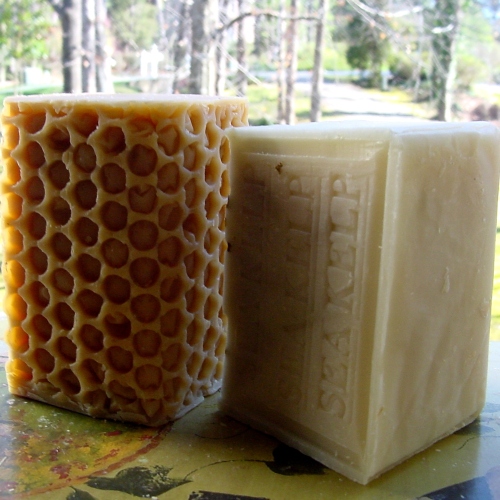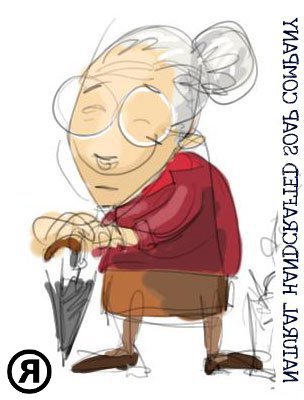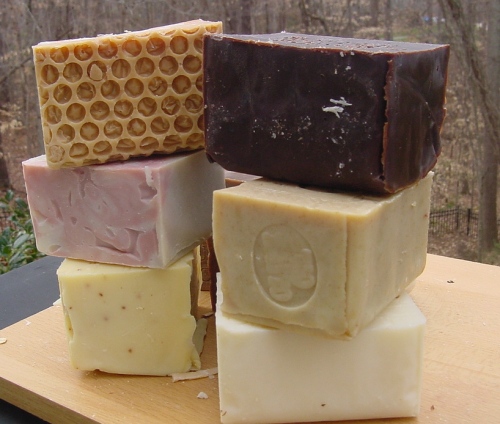Century Old Family of Natural Handcrafted Handmade Artisan Soap Make Soaps base on 19th Century.
Soap was heavily taxed as a luxury item well into the 19th century, especially by the British.
Once the taxes were lifted, soap became available to ordinary people, and sanitary conditions improved.
Commercial soap making in America dates from 1608, when soap makers arrived from England aboard the first ship to follow the Mayflower.
My Great -grandmother was a soap maker and inspire us to make handcrafted soap the same away like the 19 century . The process is the
same besides our earliest ancestors used ashes and we converted to sodium hydroxide .
The recipe is based on the cold method, which is considered much better than the warm method used in large industries, as in this way the soap keeps all its glycerine
(usually separated in conventional soaps, to be sold in cosmetic industries), which makes the skin softer.
We never use harmful synthetic chemicals, preservatives, artificial dyes, or synthetic fragrance oils.
All of our handmade soaps are made in small batches to ensure the quality of each batch.
Most products on the market today are not real soaps by the true definition but rather are detergents which have been created from petroleum based products.
Other products, which called themselves soap, contain ingredients found in nature; but these ingredients have been radically changed by high energy processes.
You can check out more of our Century Old Family on Natural Handcrafted Soap.


In chemistry, soap is a salt of a fatty acid.[1]Handmade soap ingredients that you want on your skin today, or in your world tomorrow.

No comments:
Post a Comment